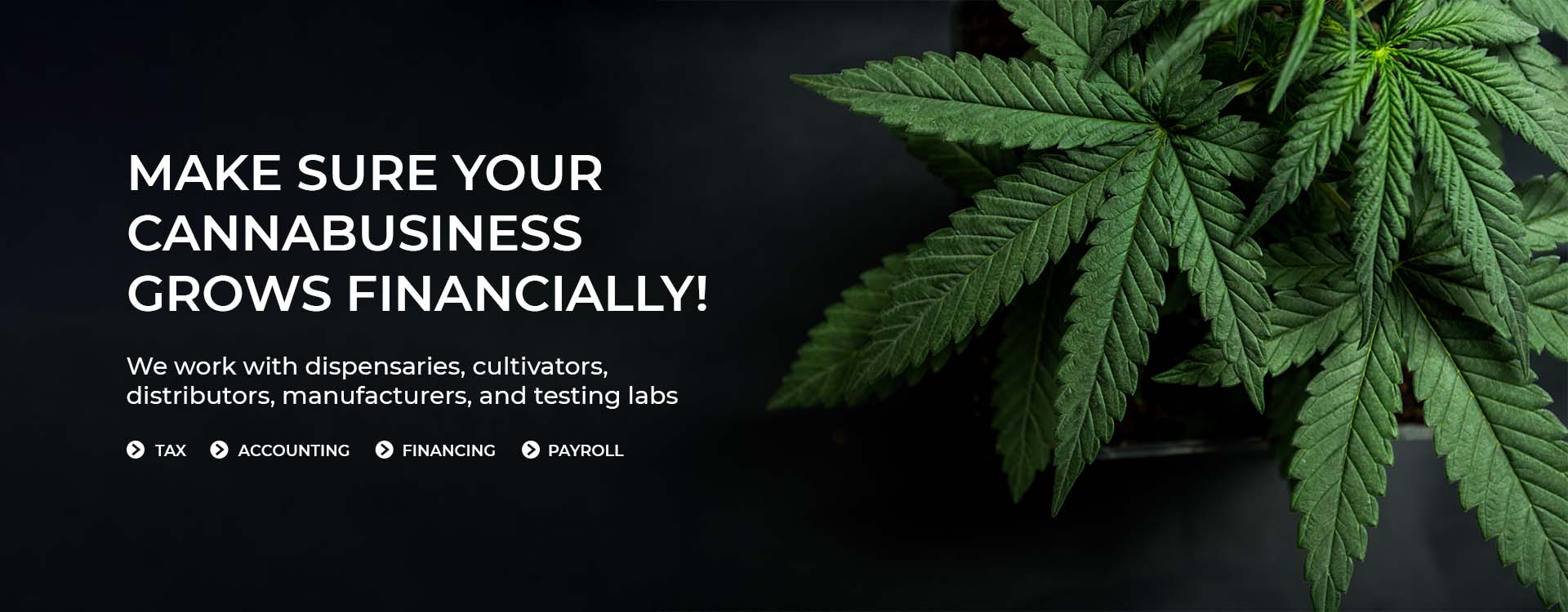|
|
BANKING OVERVIEW Understanding Banking for Cannabis Companies
The Bank Secrecy Act (“BSA”), which seek to provide banking services to marijuana-related businesses, requires U.S. financial institutions to assist U.S. government agencies towards detecting and preventing money laundering. In order to clarify the BSA expectations for financial institutions, the financial Crimes Enforcement Network (“FinCEN”) has issued guidance. FinCEN is a bureau of the U.S. Department of the Treasury that is responsible for receiving, maintaining, and analyzing the financial transactions data of businesses for law enforcement purposes.
These updates have been made because there has been confusion among the nation’s financial institutions about how to legally conduct business with marijuana-related businesses. As of 2018, certain marijuana-related activities have been legalized in 30 states and the District of Columbia. |
|
The Cole Memo The Cole Memo, issued by the U.S. Department of Justice Deputy Attorney General James M. Cole, was issued to provide guidance to federal prosecutors concerning marijuana enforcement under the Controlled Substances ACT (“CSA”), which makes it illegal under federal law to manufacture, distribute, or dispense marijuana. The memo reiterates Congress’s determination that marijuana is a dangerous drug and the illegal sale and distribution of marijuana is a serious crime and can provide a significant source of revenue to large-scale criminal enterprises, gangs, and cartels.
The U.S. Justice Department has reassured marijuana-related businesses that are operating legally under state law, that it will not pursue criminal charges. However, this non-enforcement stance does not guaranteed any protection for financial institutions. Under the current administration, President Trump has seemed to back off on cannabis prosecutions at the moment. Guidance for Financial Institutions While making sure policies are in line with the marijuana enforcement activities of the U.S. Department of Justice under the CSA, the FinCEN guidance clarifies how financial institutions can work with marijuana-related businesses. Under the advisement of the BSA, financial institutions are to conduct due diligence for each customer to determine the risks of providing services to such business. The due diligence should include a thorough review of the business's licensing and registration with state authorities. Financial institutions are also required to monitor these businesses on an ongoing basis and file suspicious activity reports ("SARs") when warranted. Three types of SARs may be filed, namely:
Form 8300 and Currency Transaction Reports (“CRTs”) are also required by FinCEN’s regulations for financial institutions that offer services to any business that engages in marijuana-related activity. Despite the updated guidelines, marijuana is still illegal under the federal law but has been legalized in certain states, which has made almost all financial institutions reject going business with marijuana-related business. What Are the Banking Alternatives for Dispensary Owners? At this time, a majority of dispensaries have been forced to pay their vendors and employees in cash, while customers use ATMs in order to make cash purchases. This is because of the conflicting laws for financial institutions. However, there is hope that the law can be modified in the near future. President Obama signed the H.R.2029 - Consolidated Appropriations Act, 2016 bill, which contains a single sentence within the bill stating that the Department of Justice may not use money appropriated to it in order to prevent states from implementing laws regarding medical marijuana. However, banking reform was not specifically included in the bill. Alternative banking options have been emerging for marijuana-related businesses that have been turned down by banks or do not meet the requirements of major financial institutions. Online business directories and other industry resources can be used by marijuana-related businesses to find payment solutions. There are a few payment processors that have stepped up to provide transaction processing without the cash. Cashless ATMs for marijuana-related businesses are available from payment processors. Cryptocurrencies, including Bitcoins, and PotCoins, are emerging as viable options for legal marijuana-related businesses. Despite the fact that cryptocurrencies have been used in black market purchases of marijuana, they may also soon be used to help dispensary owners collect payments from customers. |


